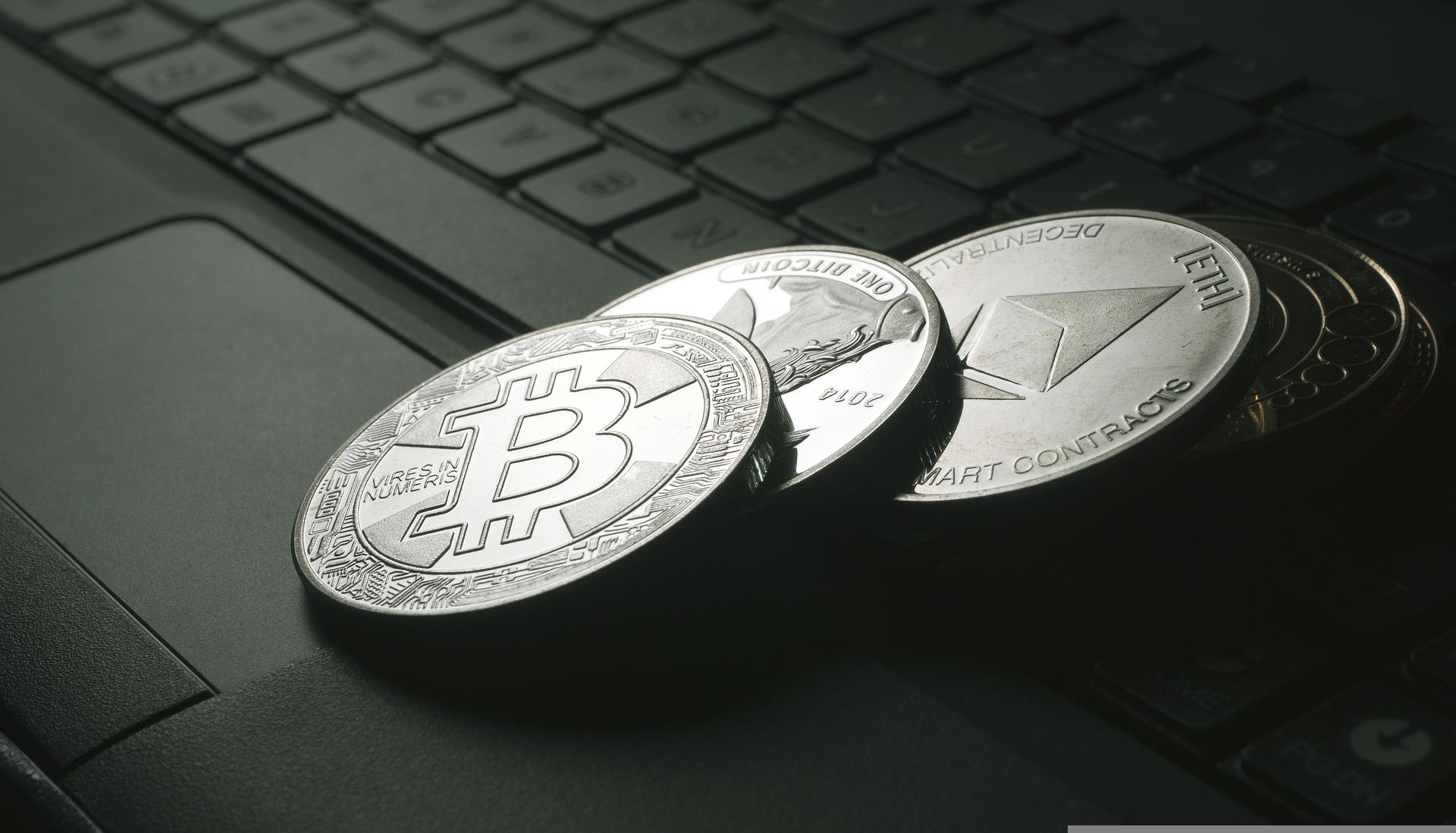Cryptocurrency is a relatively new reality today which means that people literally learn on the go. To this day, thirteen years since bitcoin landed in the market in 2009, mixed stories have been propagated around what cryptocurrencies portend. In hindsight, some people have marvelled at the coming of cryptocurrencies, praising it as being the greatest thing that happened since sliced bread. To others still, crypto is a monster that devours lifelong savings and can easily turn ambitious investors into paupers. Whichever side of the story is true depends on your personal judgment and the particular people you choose to learn from. No wonder, we focus on trying to decipher nuanced perspectives from the talks of crypto pundits.
Crypto pundits are by no means your ordinary people. They are seasoned investors, money markets analysts, capital markets gurus, legendary crypto investors just to name a few. Their perspectives can’t be simply ignored. When these reasonably experienced individuals talk, they roar and their message is one worth being taken seriously. For instance, Vitalik Buterin, Brian Armstrong, Changpeng Zhao, Michael Saylor, Mark Zuckerberg, Elon Musk, Jack Ma, Warren Buffet and the list is way longer. These people have tested and tasted both good and bad sides of business which makes their opinions critical in shaping how we collectively interact with cryptocurrency. Their thoughts may not be the bible truth but enrich the public talk and inform new crypto investors on things to hold dear in the trade.
A short recap on cryptocurrencies
Cryptocurrencies in their various individual names such as bitcoin, Shiba Inu, Tether and other forms of altcoins have been a great talking point. A simple internet search of the term “cryptocurrency” will give you a lot of information published by leading journals. Altcoins, like Bitcoins have undergone tremendous growth in the current financial market. Their ability to provide alternative capabilities and purposes for their users is what distinguishes them from Bitcoin and Ethereum.
Currently, there are tens of thousands of altcoins on the market. However, they are similar to Bitcoin in terms of speculative value (future value is impossible to predict). Altcoins have remained a controversial issue among different crypto pundits. For instance, while some believe they might overcome Bitcoin, others insist on cautious optimism.
Poor Altcoin sentiment could lead to Bitcoin Collapse
Altcoins are a relatively new concept to the cryptocurrency world and to the financial sector at large. Hence, it is no wonder investors are cautious about investing in them. Some crypto pundits have predicted that this low sentiment could spill over to Bitcoin, which is at an all- time high. Investors might start to doubt the value and sustainability of Bitcoin since the two are closely related.
Similarly, this opinion has been strengthened by the increasing pressure to regulate the cryptocurrency sector. These factors have in the recent past affected the market price and value of cryptocurrencies. One crypto pundit, for instance, believes that Altcoins could be the weakest link in the cryptocurrency chain and is therefore likely to break first.
Furthermore, the steady growth in popularity of Bitcoin in the market has enabled it to take over the market share of altcoins. However, Bitcoins failure to reach the popularity level it had in 2017 in the current market is more cause for worry. Its position in the crypto sector dictates the trend for all cryptocurrencies, not only altcoins. Elite Investors predict that this concept is likely to continue in the coming years.
The Decline of Altcoins is not likely to affect Bitcoins
Back in 2019, gold bug Peter Schiff asserted that investors would lose confidence in Bitcoin just like they have in altcoins. Many crypto pundits have since then worked on proving that his theory was wrong. They believe that the opposite is true since Bitcoin is validated by the decline in Altcoins. Bitcoin significantly influences the sell pressure that altcoin continues to experience.
Meanwhile, Bitcoin itself is experiencing an increase in buy pressure from the market leading to a decline in Altcoin capital in the market. Further, this divergence is because institutions are behind the buy pressure while retails remain behind the sell pressure. It is further proof that altcoins decline might not affect Bitcoin in the long run.
Finally, while Bitcoin’s market value continues to increase by the day, Altcoins values are yet to hit an all-time high. As a result, investors remain doubtful when it comes to altcoins and continue to chase the Bitcoin bubble sprouting worldwide. Besides, investors are still struggling to establish legalities of altcoins under the regulatory framework.
Stiff Competition from Altcoins Significantly Eroding Bitcoin
Some pundits have linked the recent decline in the value of Bitcoin below the $20K level to altcoins’ stiff competition. Peter Schiff insists that Bitcoin’s original market share is declining fast thanks to the increase in competing altcoins. He further predicts that this is likely to affect the entire crypto sector since altcoins are not as scarce as Bitcoin. This is significant because Bitcoin has maintained its value due to its scarcity.
However, other pundits have been quick to dispute his argument. They believe that altcoins are not likely to swamp Bitcoin because it does not compete with them. On the contrary, the emergence of different cryptocurrencies in the market offer a wider range of financial services as opposed to stiff competition. Besides, Bitcoin continues to provide financial services based on the concept of digital scarcity unlike its peers. It implies that altcoins and Bitcoin have different target markets based on values and user motivations.
Investor Perceptions could change significantly following the Ethereum Merge
Some pundits seem to be in agreement with Schiff’s theory that altcoins are taking over Bitcoin’s market share. Crypto analyst Kyle MacDonald for example, believes that the Ethereum merge poses a significant threat. To a point, his sentiments make sense because the merger would increase the level of interest in altcoins. Investors might decide that Bitcoin’s digital scarcity concept is after-all not that necessary after the merge.
Nevertheless, the crypto-stock correlation offers an alternative conjecture to MacDonald and Schiff’s argument. The truth is, there has been an increasing interrelationship between market stock prices and cryptocurrencies in the recent past. The theory has affected Bitcoin prices more significantly compared to the threat of altcoins.
Altcoins are overpriced
Peter Brandt, a veteran trader has strongly come out to criticize the growing interest in altcoins and cryptocurrencies in general. He has gone a step further and compared the market to the dot.com bubble. In his opinion, altcoins are not likely to enjoy as much popularity as Bitcoin has over the years. Other pundits like ShapeShift CEO Erik Voorhees have shared this opinion arguing that Bitcoin and altcoins form two distinct markets.
The price and value of altcoins has been unable to increase as rapidly or steadily as Bitcoin in the current market. This has prompted some pundits to predict that they will tumble and disappear from the market as fast as they appeared. Bitcoin’s price in the market has grown by more than 120% in the last months. Altcoins on the other hand have staggered affirming the theory that they could be overpriced. However, it is worth noting that Bitcoin’s impending doom had been predicted in 2014 and yet it continues to thrive in the market today.

